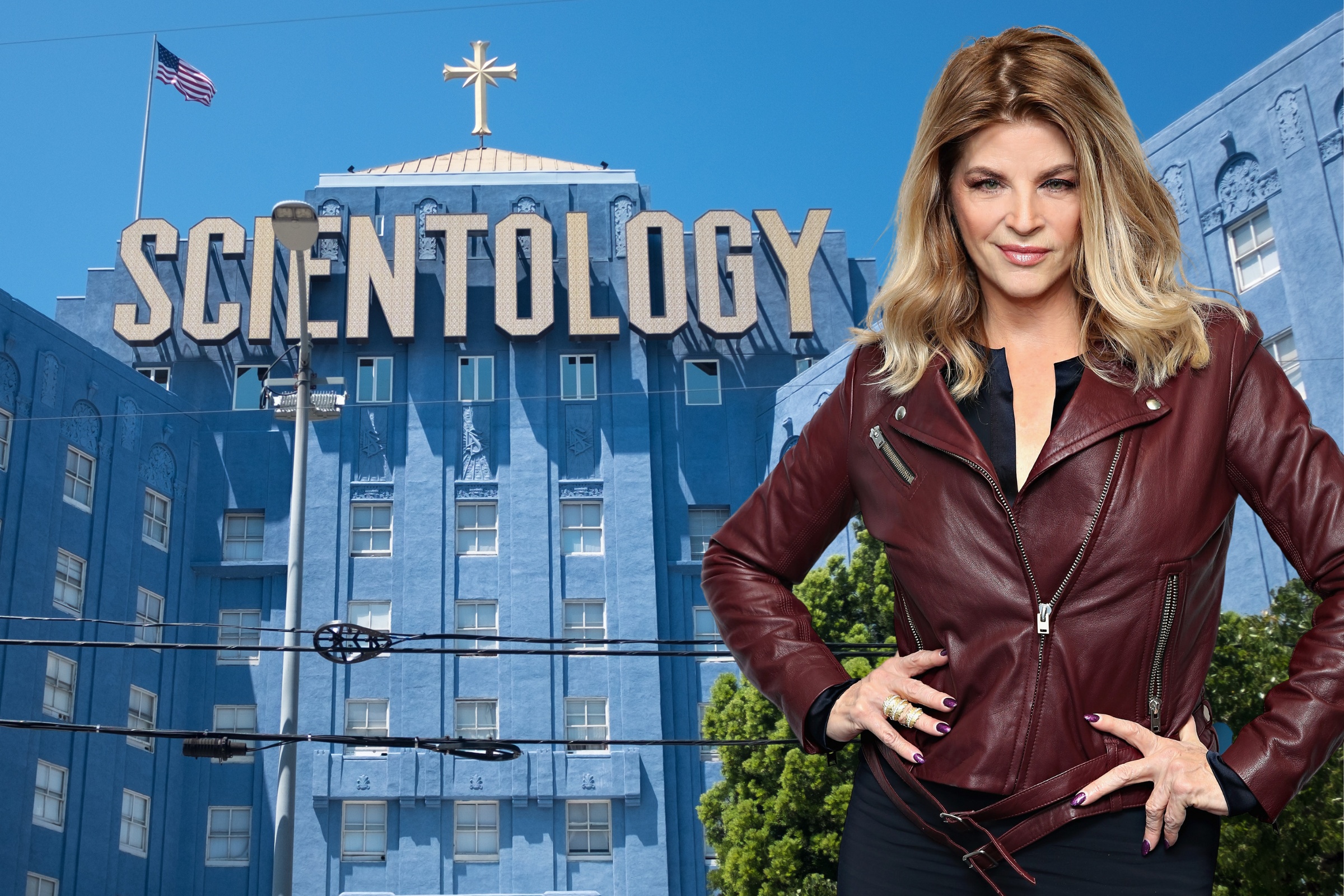Discovering the Church of Scientology: Its Objective and Global Existence
Discovering the Church of Scientology: Its Objective and Global Existence
Blog Article
The Fact Regarding the Church of Scientology Revealed
The Church of Scientology has actually long been a subject of both attraction and debate, with its origins dating back to the mid-20th century. As we begin to unwind the truth concerning the Church of Scientology, a more clear photo arises, exposing a narrative that is as interesting as it is controversial.
Beginnings and Starting
The Church of Scientology was started in 1954 by sci-fi writer L. Ron Hubbard. Hubbard originally developed a self-help system called Dianetics, which later on advanced into what is currently referred to as Scientology. The beginnings of Scientology trace back to Hubbard's frustration with traditional psychiatric therapy techniques and his belief in the potential for people to overcome previous injuries and achieve spiritual enlightenment.
Hubbard's teachings focused around the concept of thetans, immortal spiritual beings present in all people, and the technique of bookkeeping, a form of therapy aimed at revealing and addressing previous traumas (Scientology South Africa). These concepts created the foundation of Scientology, which Hubbard called a religion that supplied a course to self-discovery and individual development
The Church of Scientology swiftly got fans, with Hubbard establishing the first official Church of Scientology in Los Angeles. For many years, the organization increased around the world, bring in both dedicated fans and critics that increased concerns regarding its practices and beliefs. In spite of controversies bordering its beginnings and practices, Scientology continues to be a considerable religious activity with a visibility in various nations around the globe.

Beliefs and Practices
With an emphasis on spiritual knowledge and personal development, Scientology's methods and ideas focus on achieving and uncovering previous injuries self-discovery with the concept of thetans and the technique of bookkeeping. Thetans, according to Scientology teaching, are immortal spiritual beings that exist within each person. These thetans have lived via countless past lives and have built up negative experiences called engrams that prevent spiritual progression. Via a process called bookkeeping, Scientologists aim to address and eliminate these engrams to achieve a state of clear, complimentary from the adverse impacts of previous trauma.
Bookkeeping involves an one-on-one session between an experienced auditor and a Scientologist. During these sessions, the auditor guides the person with a series of exercises and concerns made to aid them confront and solve their past traumas. By doing so, Scientologists think they can attain spiritual enlightenment, improve individual growth, and reach their full potential as souls. The technique of bookkeeping is main to the beliefs and practices of Scientology, emphasizing self-discovery and the search of a greater state of existence.
Criticisms and debates
Among public analysis and debate, the Church of Scientology has actually dealt with a multitude of debates and criticisms concerning its methods and effect on society. One substantial point of opinion focuses on the organization's claimed economic practices, with accusations of inflated costs for services and hostile fundraising tactics - Scientology Randburg. Doubters have actually additionally increased issues concerning the Church's stringent hierarchical structure, which some previous members claim promotes a culture of control and manipulation
Moreover, the Church of Scientology has been subject to extensive criticism for its treatment of members, consisting of accusations of forced labor, mental misuse, and the practice of disconnection, where participants are motivated to sever ties with friends and family important of the Church. These practices have resulted in different lawful challenges and examinations in several countries, casting a shadow over the Church's credibility.
Moreover, the Church's hostile legal methods versus critics and media electrical outlets have actually triggered disputes about free speech and the limits of spiritual defense. These disputes have significantly designed public perception of the Church of Scientology and remain to fuel continuous disputes concerning its authenticity and effect on culture.
Leadership and Structure
Exactly how does the leadership framework of the Church of Scientology influence its procedures and decision-making procedures? The Church of Scientology is understood for its hierarchical leadership version, which is streamlined around the authority of its leader, currently webpage David Miscavige.
At the local level, Scientology runs via private churches and objectives, each with its own set of leaders accountable for managing operations within their respective locations. These leaders are charged with implementing the regulations set forth by the central leadership while likewise resolving the certain demands of their members.
While this ordered structure can simplify operations and ensure adherence to the church's teachings, it has also run the gauntlet for possible abuses of power and absence of openness. Recognizing the management and framework of the Church of Scientology is crucial in understanding exactly how the organization functions and the characteristics at play within its rankings.
Influence and Impact
What considerable effects does the leadership framework of the Church of Scientology have on its members and outside stakeholders? The ordered management framework within the Church of Scientology puts in an extensive impact on its participants and outside stakeholders.
Externally, the Church of Scientology's management framework can have a polarizing result on stakeholders. While some may be drawn to the company's charming leaders and guarantees of self-improvement, others might be careful of the control applied over members and the debates bordering the church. This can cause a department in public assumption, with some seeing the company positively and others sharing suspicion or criticism. Overall, the leadership framework of the Church of Scientology plays a substantial function in shaping the experiences and understandings of both participants and external stakeholders.
Verdict

The Church of Scientology quickly acquired followers, with Hubbard developing the first main Church of Scientology in Los Angeles.Amidst public scrutiny and discussion, the Church of Scientology has dealt with a wide range of objections and conflicts regarding its methods and effect on society.What considerable impacts does the management structure of the Church of visit Scientology have on its participants and exterior stakeholders? The hierarchical leadership framework within the Church of Scientology exerts an extensive impact on its participants and exterior stakeholders. On the whole, the management structure of the Church of Scientology plays a considerable function in forming the experiences and understandings of both members and external stakeholders.
Report this page